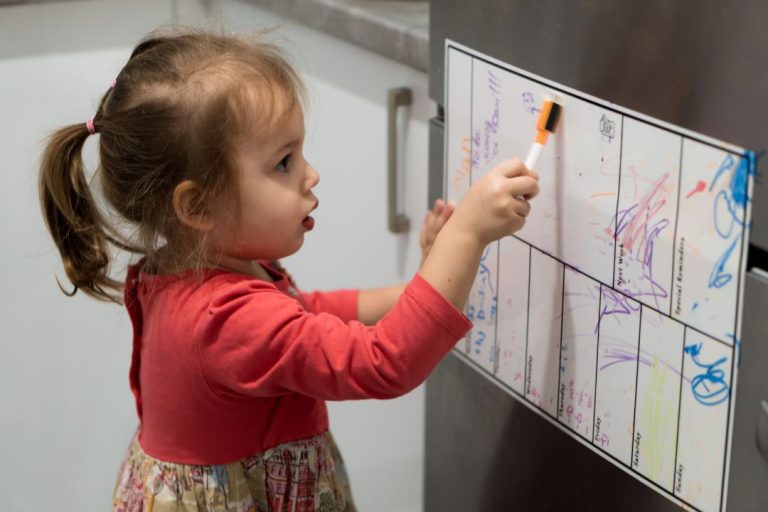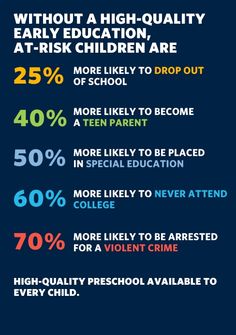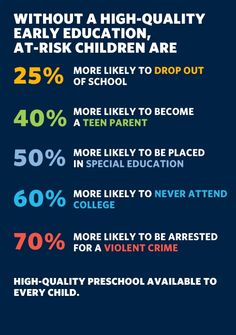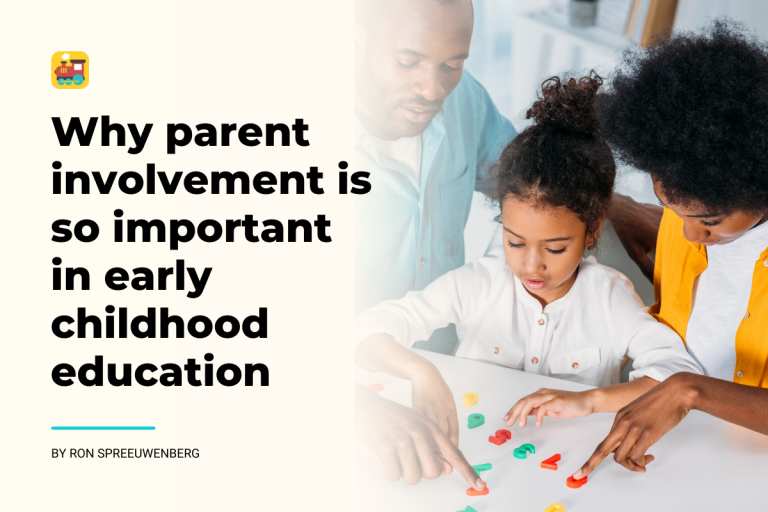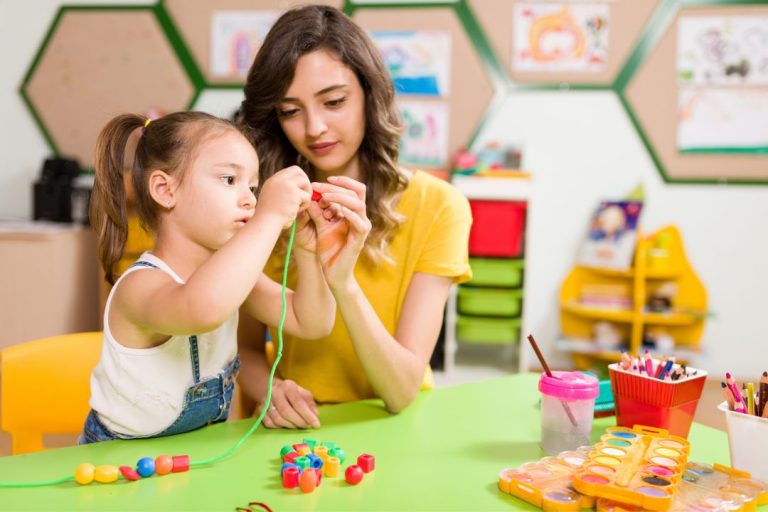What Grades Can You Teach With Early Childhood Education Degree
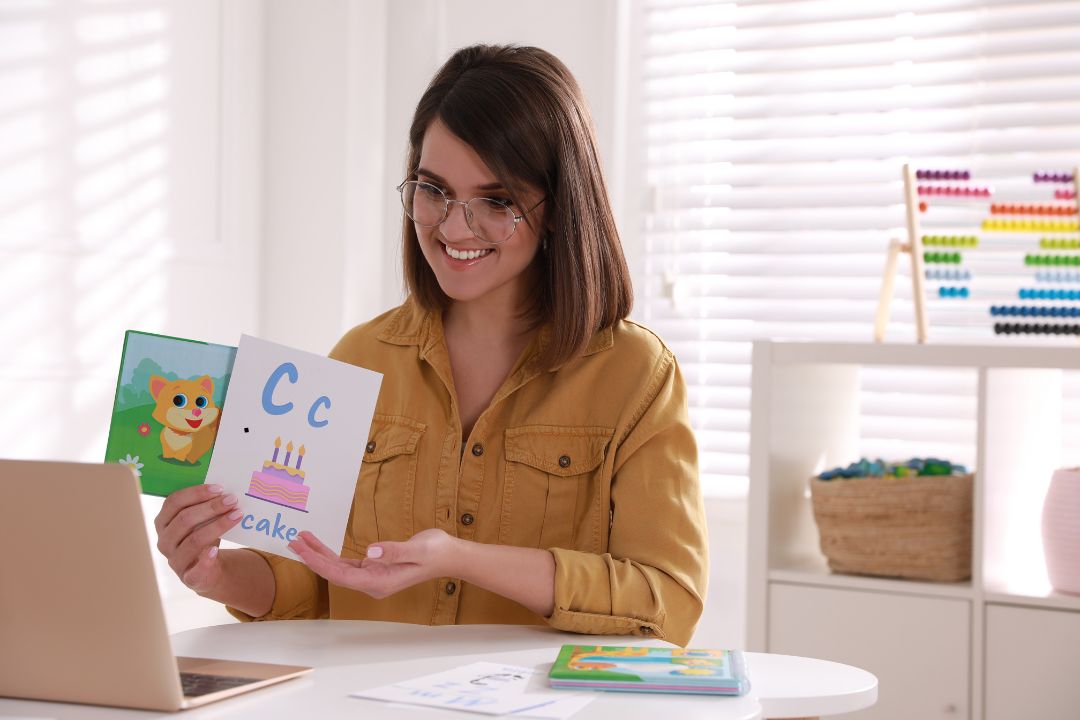
An early childhood education degree allows you to teach preschool through third-grade students. Early childhood educators play a crucial role in shaping young minds and fostering a love for learning at a critical developmental stage.
By specializing in this field, educators are equipped to provide a nurturing and stimulating environment for young children to thrive academically, emotionally, and socially. This degree opens doors to careers in various educational settings, including preschools, daycare centers, and elementary schools.
Early childhood education programs focus on child development, curriculum planning, and effective teaching strategies tailored to the unique needs of young learners. With a degree in early childhood education, educators can make a lasting impact on the lives of children and contribute to their overall growth and development.

Credit: www.onlineschoolsreport.com
Job Opportunities With An Early Childhood Education Degree
Job opportunities with an early childhood education degree are diverse and rewarding, offering a chance to positively impact the lives of young children. With this degree, individuals can pursue various teaching and administrative roles in settings such as preschools, daycares, and elementary schools. Additionally, they can aspire to become educational administrators, leading and shaping the early childhood education landscape.
Teaching In Preschools And Daycares
Early childhood educators with a degree can find fulfilling roles in preschools and daycares. They play a crucial role in laying the foundation for children’s learning and development. Educators utilize their skills to create engaging and stimulating environments that foster social, emotional, and cognitive growth in young learners.
Teaching In Elementary Schools
Graduates with an early childhood education degree can also pursue teaching positions in elementary schools. By leveraging their expertise in child development and educational strategies, they contribute to the academic and personal growth of students in the early grades. They play a pivotal role in shaping young minds and preparing them for future academic pursuits.
Becoming An Educational Administrator
With further experience and education, individuals with an early childhood education degree can aspire to become educational administrators. In this role, they oversee the development and implementation of educational programs, curricula, and policies. They also provide leadership and guidance to educators, ensuring the delivery of high-quality early childhood education.

Credit: www.teachaway.com
Grades You Can Teach With An Early Childhood Education Degree
Grades You Can Teach with an Early Childhood Education Degree
Early Childhood Education
An early childhood education degree equips individuals to teach and care for children from birth through age eight, typically focusing on the critical developmental years from infancy to around eight years old. This specialized degree program emphasizes the importance of play-based learning, social and emotional development, and age-appropriate curriculum design.
Kindergarten-grade 3
With an early childhood education degree, you are qualified to teach in preschools, kindergartens, and elementary schools up to grade three. This role involves creating a nurturing and stimulating environment to support young children’s cognitive, social, and emotional growth. Educators in this field often implement hands-on learning activities and utilize strategies to foster early literacy and numeracy skills.
Grades 4-6
While an early childhood education degree primarily focuses on the early developmental stages, it can also prepare individuals to teach in elementary schools for grades four through six. In these upper elementary grades, educators continue to build upon foundational skills while introducing more complex academic concepts and critical thinking exercises. They play a crucial role in guiding students through the transition to more structured learning environments.
Requirements For Teaching With An Early Childhood Education Degree
When considering a career in early childhood education, it’s essential to understand the requirements for teaching with an early childhood education degree. The degree equips educators with the necessary skills to teach and nurture young children, but there are specific criteria that must be met to work in this field.
Licensure And Certification
After obtaining an early childhood education degree, aspiring teachers must obtain the required licensure and certification to practice professionally. Each state has its own set of regulations and requirements for obtaining these credentials, so it’s important to research and understand the specific mandates in the desired teaching location.
Continuing Education
Continuing education is an integral part of maintaining a career in early childhood education. Teachers with an early childhood education degree must engage in ongoing professional development to stay up-to-date with the latest teaching methodologies, child development research, and educational trends. This may include attending workshops, pursuing advanced degrees, or participating in training programs.
Skills And Qualities Needed To Teach With An Early Childhood Education Degree
Early childhood education is a crucial stage in a child’s development, and teachers with a degree in this field play a significant role in shaping young minds. To effectively teach with an early childhood education degree, there are specific skills and qualities that educators need to possess. These skills and qualities are essential for creating a nurturing and stimulating learning environment for young children.
Patience And Flexibility
Patience is a key attribute for early childhood educators as they work with young children who are still learning to regulate their emotions and behaviors. It’s important for teachers to remain calm and composed, even in challenging situations. Similarly, flexibility allows educators to adapt to the ever-changing needs of young learners, adjusting their teaching methods to accommodate different learning styles and abilities.
Communication Skills
Effective communication skills are vital for early childhood educators to connect with their students, parents, and colleagues. Teachers must be able to convey information in a clear and understandable manner, as well as actively listen to and understand the needs of young children. Strong communication skills also enable educators to collaborate with parents and other professionals to support the holistic development of each child.
Classroom Management
Classroom management is essential for creating a safe and organized learning environment. Early childhood educators must be able to establish and maintain routines, set clear expectations, and effectively manage behavior to ensure that all students can engage in meaningful learning experiences. Implementing positive behavior management strategies is crucial for fostering a positive and supportive classroom atmosphere.
Creativity And Imagination
Creativity and imagination are fundamental for early childhood educators to design engaging and stimulating learning activities. Teachers need to think outside the box and create a variety of hands-on, interactive experiences that promote exploration, discovery, and problem-solving. Nurturing children’s creativity and imagination lays the foundation for a lifelong love of learning.
Challenges Faced By Early Childhood Educators
Early childhood education is a rewarding but challenging career. Educators must have the skills and patience to teach and care for young children between the ages of 0-8 years. Challenges faced by early childhood educators include limited resources, lack of parental involvement, difficulty with classroom management, and meeting the needs of diverse students.
Limited Resources
Early childhood educators often work in underfunded schools or childcare centers, resulting in limited resources. This can make it challenging to provide quality education to young children. Limited resources can also make it difficult to create a safe and stimulating learning environment for children. Educators must be creative and resourceful to provide quality education to their students.
Lack Of Parental Involvement
Another challenge faced by early childhood educators is a lack of parental involvement. Some parents may not have the time or resources to engage in their child’s education, which can negatively impact the child’s learning and development. Early childhood educators must work to build strong relationships with parents and encourage them to participate in their child’s education.
Difficulty With Classroom Management
Classroom management can be a significant challenge for early childhood educators. Young children may struggle with following rules, staying focused, and controlling their behavior. Educators must have effective strategies to manage their classroom, including establishing clear expectations, providing positive reinforcement, and using appropriate discipline techniques.
Meeting The Needs Of Diverse Students
Every child is unique, and early childhood educators must be able to meet the needs of a diverse range of students. This includes children with disabilities, English language learners, and those from different cultural backgrounds. Educators must have the skills and knowledge to create an inclusive learning environment that meets the needs of all their students.
In conclusion, early childhood education is a challenging but rewarding career. Educators must have the skills and patience to meet the needs of young children and overcome the challenges they face. By addressing the challenges of limited resources, lack of parental involvement, difficulty with classroom management, and meeting the needs of diverse students, early childhood educators can provide quality education to their students.

Credit: www.baker.edu
Frequently Asked Questions
What Is The Highest Degree In Early Childhood Education?
The highest degree in early childhood education is a Doctorate in Early Childhood Education (Ed. D. Or Ph. D. ).
What Is The Difference Between Elementary Education And Early Childhood Education?
Elementary education covers grades K-6, while early childhood education focuses on preschool to age 8.
What Grades Can I Teach With An Early Childhood Degree In Florida?
With an early childhood degree in Florida, you can teach children from birth to age 8. This includes preschool through third grade.
What Grades Can You Teach With An Early Childhood Education Degree In Illinois?
With an early childhood education degree in Illinois, you can teach grades ranging from preschool to third grade.
Conclusion
An early childhood education degree equips you to teach and guide children in their formative years. You can teach preschool, kindergarten, and elementary grades, nurturing young minds and fostering a love for learning. This rewarding career path offers opportunities to shape the future generation and make a lasting impact.

Emma combines her teaching experience with her writing skills to produce engaging and informative content. She covers a range of topics, from classroom management to innovative teaching techniques.

